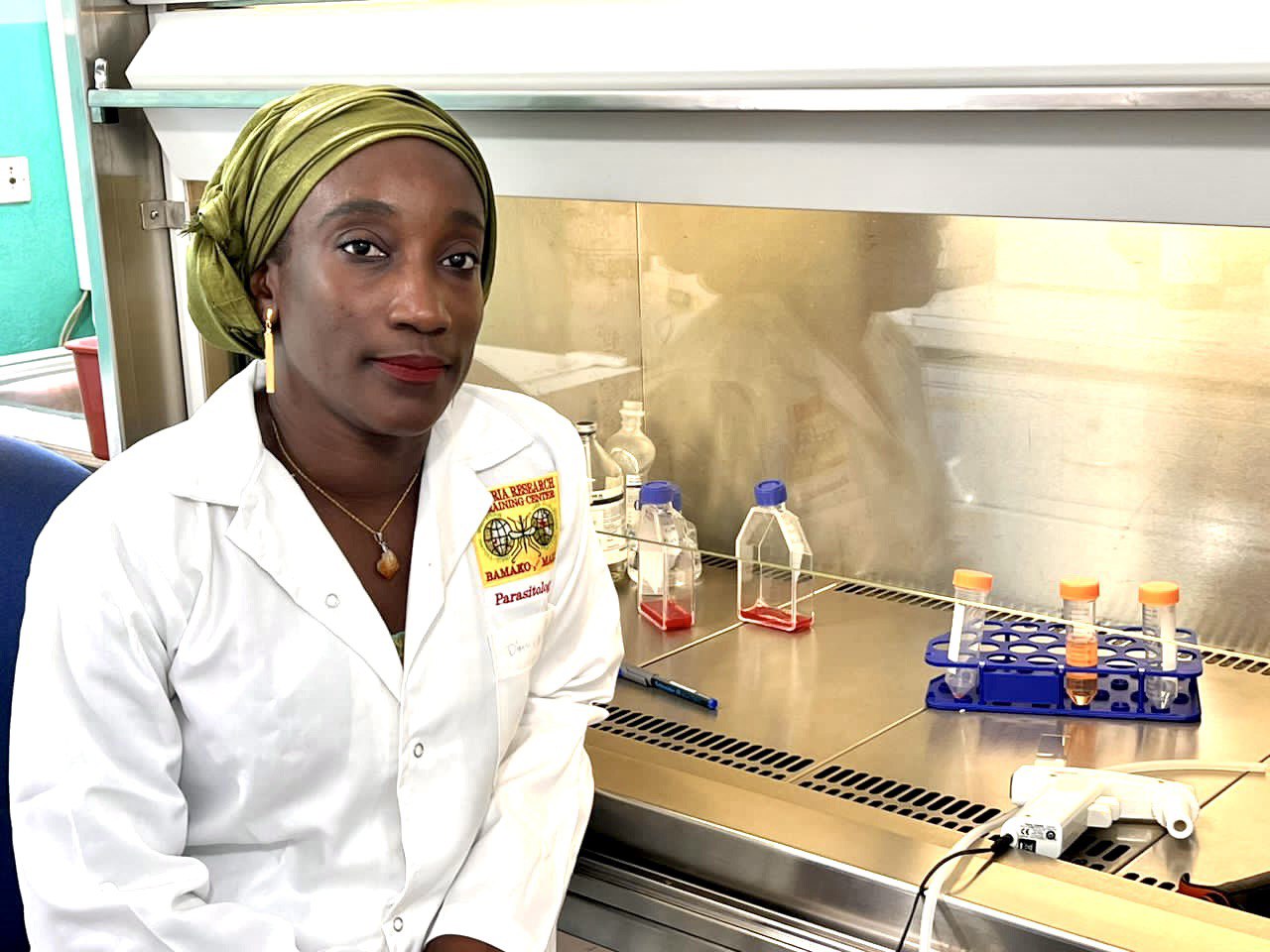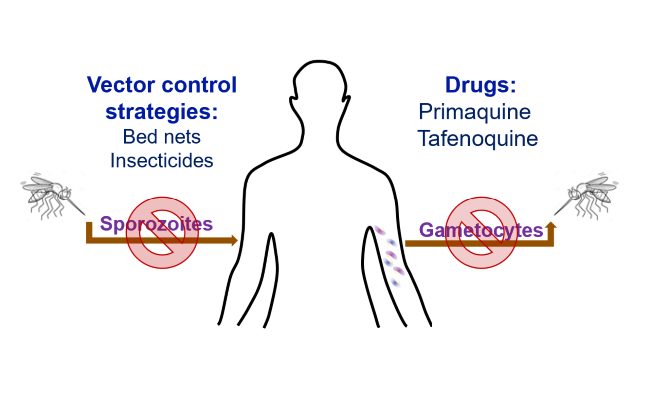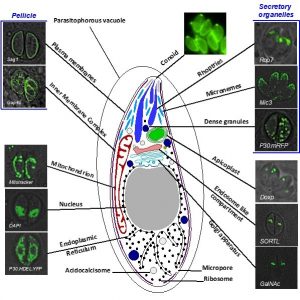DINKORMA T. OUOLOGUEM

Research
Contribution to science
Antimalarial drug and Malaria parasite transmission
Since 2017, Dinkorma work focuses on understanding the biology of Plasmodium transmission from human to the mosquito vector. Various factors including antimalarial drugs influence malaria transmission. Studies we have conducted in Mali have shown that while some treatments are efficacious against the acute form of the disease, these drugs promote parasite transmission. Moreover, we have shown that the spread of drug-resistant parasite depicts a complex distribution dynamic. These observations have led to the concept of assessing the impact of current and candidate antimalarial drugs on parasite development and transmission.

Cell biology of Apicomplexan parasite
Apicomplexan parasites are important clinically and veterinary pathogens. They harbor a distinct set of organelles shown to be essential for their survival, replication, and propagation. Understanding the biology of these organisms provide venues to learn about eukaryotic evolution and host-pathogen interactions. During her PhD training, Dinkorma used Toxoplasma gondii (a ubiquitous, opportunistic, and congenital pathogen) as a model system to learn about Plasmodium host cell invasion, biology, and replication.

Fluorescent labeling of subcellular structure in Toxoplasma gondii tachyzoites (modified from Joiner and Roos, 2002)
Molecular epidemiology of Malaria drug resistance
Malaria control is tempered by the emergence of drug resistant parasite. Studies aiming to identify appropriates resistant marker and assess the distribution of parasite resistant markers are important to help defining malaria control strategies. Dinkorma was an investigator in several studies focusing on evaluating the efficacy of commonly used antimalarial drugs and define the map drug resistance molecular markers. Results from these studies have contributed to the adoption of adapted malaria treatment policies in Mali and Sub-Saharan Africa.
Contact Info
University of Sciences, Techniques and Technologies of Bamako.
Malaria Research and Training Center (MRTC).
P.O. Box: 1805 Point G, Bamako Mali (West Africa
(223) 20 22 81 09